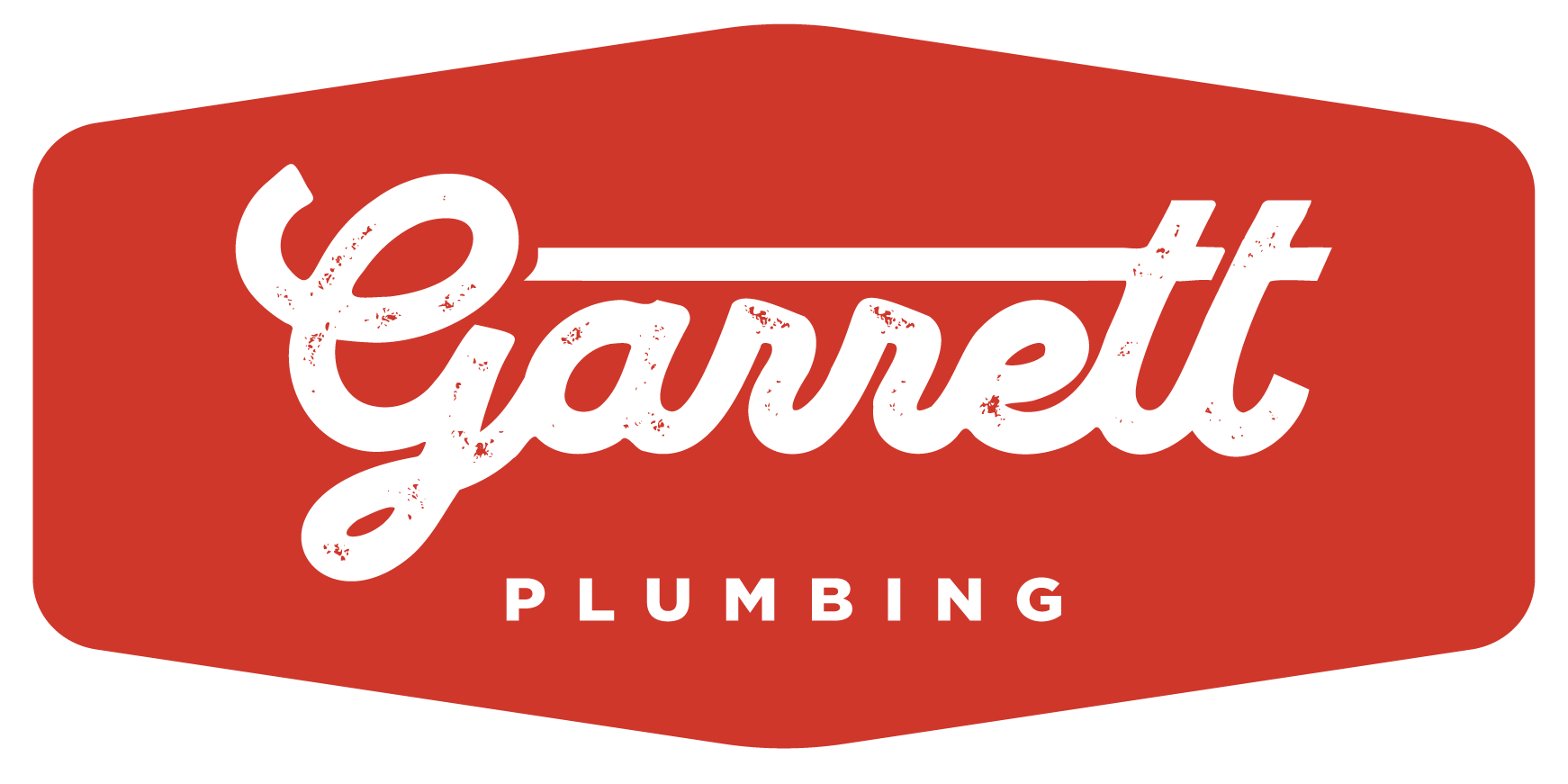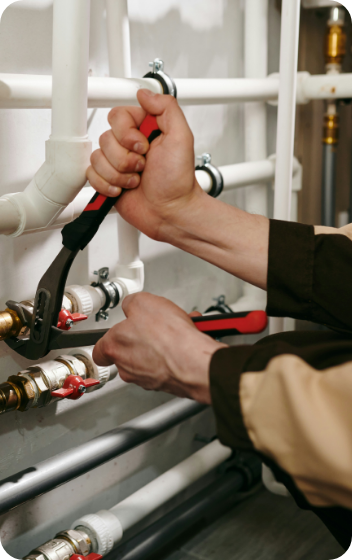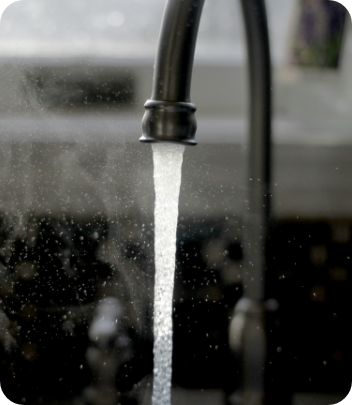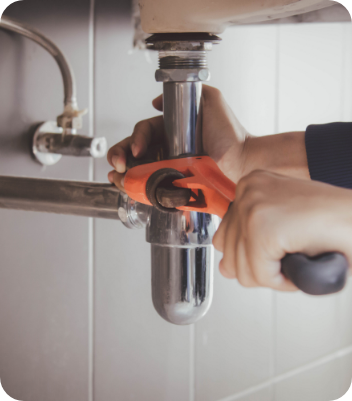Can a burst pipe or a clogged drain ruin your day? Homeowners often face plumbing problems that cause damage and trouble.
Plumbing emergencies include burst pipes, clogged drains, and leaks. They also include sewer backups. These issues need quick fixes to avoid more damage.
Knowing about plumbing emergencies helps homeowners prevent them. It also tells them when to call for help.
Key Takeaways
- Burst pipes and clogged drains are common plumbing emergencies.
- Leaking fixtures and overflowing toilets can cause water damage.
- Sewer backups and sump pump failures need quick plumbing help.
- Gas leaks and loss of water supply are serious emergencies.
- Homeowners should know about plumbing emergencies to prevent them.
What Are Some Plumbing Emergencies?
Burst pipes, clogged drains, and leaking fixtures are common plumbing emergencies. It’s important to know about these issues to act quickly and effectively.
Some of the most frequent plumbing emergencies include:
- Burst pipes, which can cause significant water damage
- Clogged sinks, toilets, and shower drains, leading to backups and health hazards
- Leaking faucets and toilets, which can waste water and increase utility bills
- Water heater issues, such as leaks or failures, affecting hot water availability
- Sewer system backups, which can lead to unsanitary conditions and property damage
These plumbing problems can happen for many reasons. For example, burst pipes might be due to freezing or corrosion. Clogged drains often come from debris, grease, or hair.
Initial Steps for Mitigation
When a plumbing emergency happens, acting fast is key. For burst pipes, turn off the main water valve. For clogged drains, a drain snake or plunger might help. Regular checks on water heaters can prevent failures.
Knowing about these emergencies and how to handle them can help avoid damage. It also reduces the need for expensive repairs.
Identifying and Responding to Plumbing Emergencies
Plumbing emergencies, like burst pipes or overflowing toilets, need quick action to avoid more damage.
It’s key to spot a plumbing emergency fast. Common ones include burst pipes, overflowing toilets, and frozen pipes. Knowing how to act quickly can lessen damage.
Immediate Actions for Common Emergencies
For burst pipes, first turn off the main water supply to stop more damage. Then, call emergency plumbing services to fix the pipe.
With overflowing toilets, try to turn off the water supply to the toilet if you can. Then, call a professional plumber to fix it fast.
Frozen pipes need careful handling. Turn off the main water supply and thaw the pipes slowly. It’s wise to get a pro’s help too.
- Turn off the main water supply in case of emergencies like burst pipes.
- Use shut-off valves for specific fixtures to control water flow.
- Call professional emergency plumbing services when necessary.
Preventive steps, like installing water sensor alarms and keeping plumbing systems in check, can lower emergency risks.
Preventing Common Plumbing Emergencies
Homeowners can lower the chance of plumbing emergencies by taking steps to prevent them. Keeping plumbing systems in good shape is key. This helps avoid problems like clogged drains and burst pipes.
Inspecting and maintaining water heaters is a smart move. It helps prevent leaks and other issues. Also, being careful about what goes down drains can stop clogs and backups.
Regular Maintenance Tips
- Check for leaks under sinks and around toilets.
- Inspect water heaters for signs of wear or damage.
- Clear debris from drains to prevent clogs.
Using preventive devices is another good way to avoid plumbing emergencies. Sump pump alarms can warn of water buildup. Water leak detection systems can spot leaks early, stopping big damage.
Preventive Devices to Consider
- Sump pump alarms to monitor water levels.
- Water leak detection systems for early leak detection.
- Drain screens to catch hair and other debris before they cause clogs.
By following these tips, homeowners can greatly lower the risk of plumbing emergencies. Regular upkeep, checks, and using preventive devices keep plumbing systems running well.
Conclusion
Knowing what a plumbing emergency is key for homeowners. It helps them act fast and avoid more damage. Being aware of common plumbing emergencies lets people respond well and get help when needed.
Emergency plumbing services are essential for quick and effective solutions. Homeowners should keep their plumbing systems in good shape. They should also know when to call for emergency plumbing services.
By being proactive, people can lower the chance of plumbing emergencies. This ensures their systems work right. Knowing about plumbing emergencies and having reliable emergency plumbing services gives peace of mind. It also helps avoid expensive repairs.





